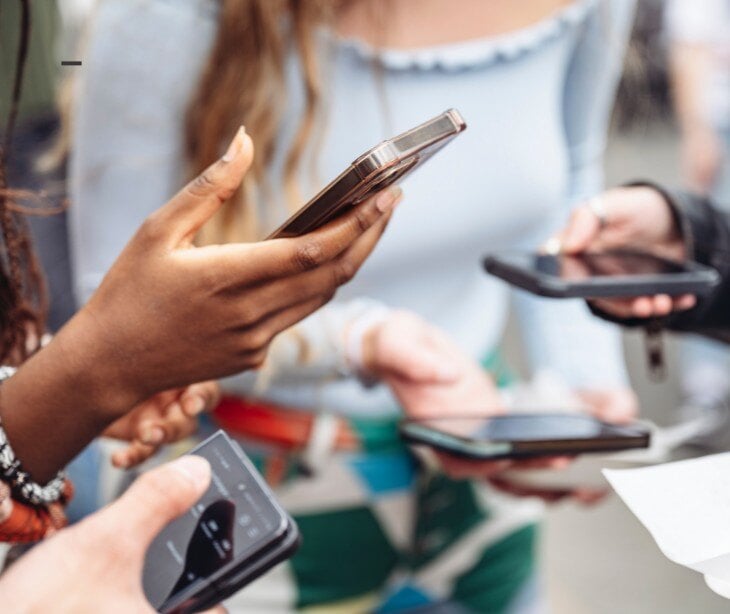2 min read
Leveraging social media platforms for HIPAA compliant patient outreach
Liyanda Tembani
January 16, 2024

Healthcare organizations can leverage social media platforms for HIPAA compliant patient outreach by prioritizing privacy, obtaining informed consent, and using strong privacy settings. Through educational content, interactive patient engagement, and community building, healthcare professionals can establish trust and credibility. Responsible use of HIPAA compliant tools, regular monitoring, and legal guidance ensure effective outreach while maintaining patient confidentiality and compliance.
The power of social media in healthcare
Social media platforms allow healthcare providers to humanize their practices and interact directly with their audience. These platforms provide a dynamic and accessible channel for reaching diverse audiences, regardless of geographical location or socio-economic status.
Engaging content on social media can extend beyond traditional healthcare topics to address broader health and wellness concerns. Healthcare organizations can position themselves as valuable sources of knowledge by sharing general health information and preventive tips, and highlighting national health observances.
Read more: Social media and email marketing for healthcare: A virtuous circle
Understanding HIPAA and its relevance to social media
The HIPAA Privacy Rule mandates strict protection against the unauthorized disclosure of protected health information (PHI), setting the standard for patient privacy in healthcare. PHI under HIPAA includes any individually identifiable information related to a person's health condition, treatment, or payment for healthcare services.
To navigate this landscape successfully, healthcare organizations must comply with HIPAA and develop a nuanced understanding of what constitutes PHI on social media platforms. Even seemingly harmless details, when aggregated, could lead to the identification of an individual. That falls under the purview of HIPAA regulations.
Leveraging social media responsibly
- Educational content: Healthcare providers can go beyond the basics, providing in-depth insights into complex health issues. Sharing case studies, success stories (with patient consent), and the latest research findings can establish an organization's authority and credibility.
- Patient engagement: Hosting live Q&A sessions with healthcare professionals allows for real-time interaction, addressing specific concerns from the audience. Running polls and quizzes encourages audience participation and provides valuable insights into the community's health priorities.
- Building community: Establishing online communities around specific health conditions can create a supportive patient environment. These groups can be platforms for sharing experiences, tips, and emotional support.
Guidelines for HIPAA compliant patient outreach on social media
- Prioritizing patient privacy: Beyond avoiding sharing information that could identify individual patients, healthcare organizations must consistently assess the potential identifiability of the information they share.
- Informed consent: Obtaining written consent is a foundational aspect of HIPAA compliance on social media. This applies to sharing patient testimonials and featuring patients in any content, including photos, videos, or discussions.
- Privacy settings: Use strong privacy and data security measures on social media accounts. This includes configuring account settings to restrict access to authorized personnel only and implementing two-factor authentication for an additional layer of security.
Tips for responsible social media use in healthcare
- Use HIPAA compliant tools: Considering the sensitive nature of healthcare information, using specialized social media management tools or HIPAA compliant communication platforms designed for healthcare is a good choice. These tools often have built-in privacy features and encryption protocols, ensuring higher data security.
- Regular monitoring: Continuous vigilance allows healthcare organizations to promptly detect and address potential HIPAA violations. Automated monitoring tools with periodic manual checks create a robust system for ensuring compliance.
- Seek legal guidance: When uncertainties or concerns arise regarding HIPAA compliance, legal professionals with expertise in healthcare regulations can provide specific insights tailored to the unique challenges posed by social media in the healthcare context.
Subscribe to Paubox Weekly
Every Friday we'll bring you the most important news from Paubox. Our aim is to make you smarter, faster.



